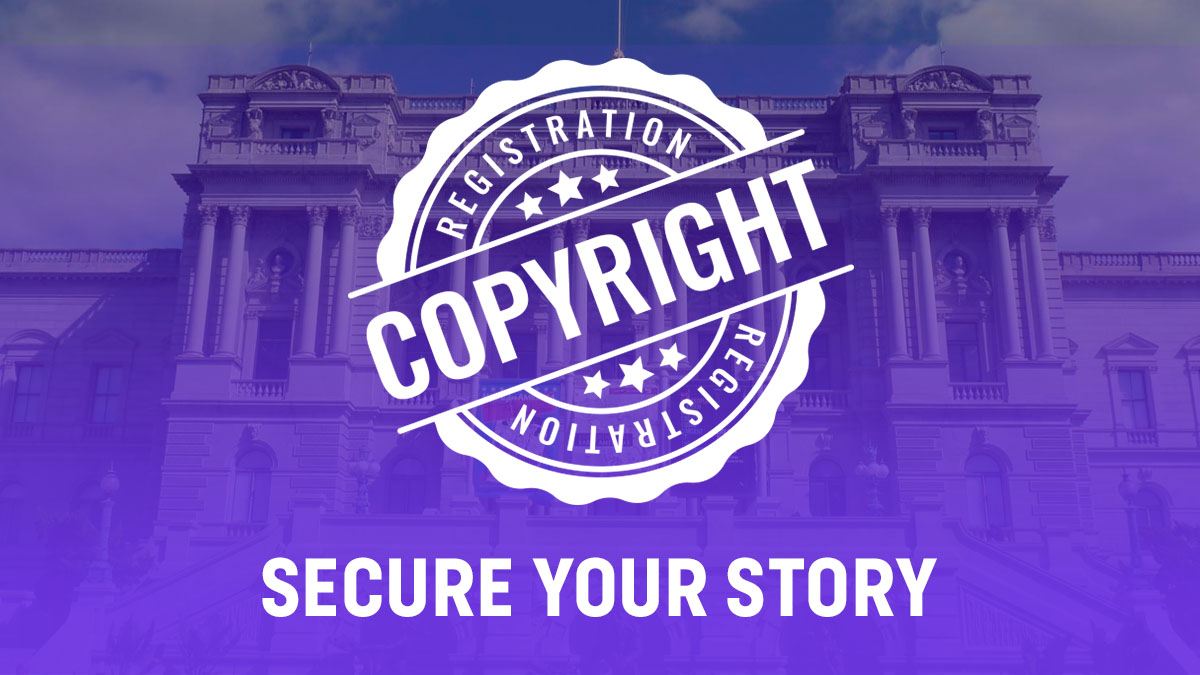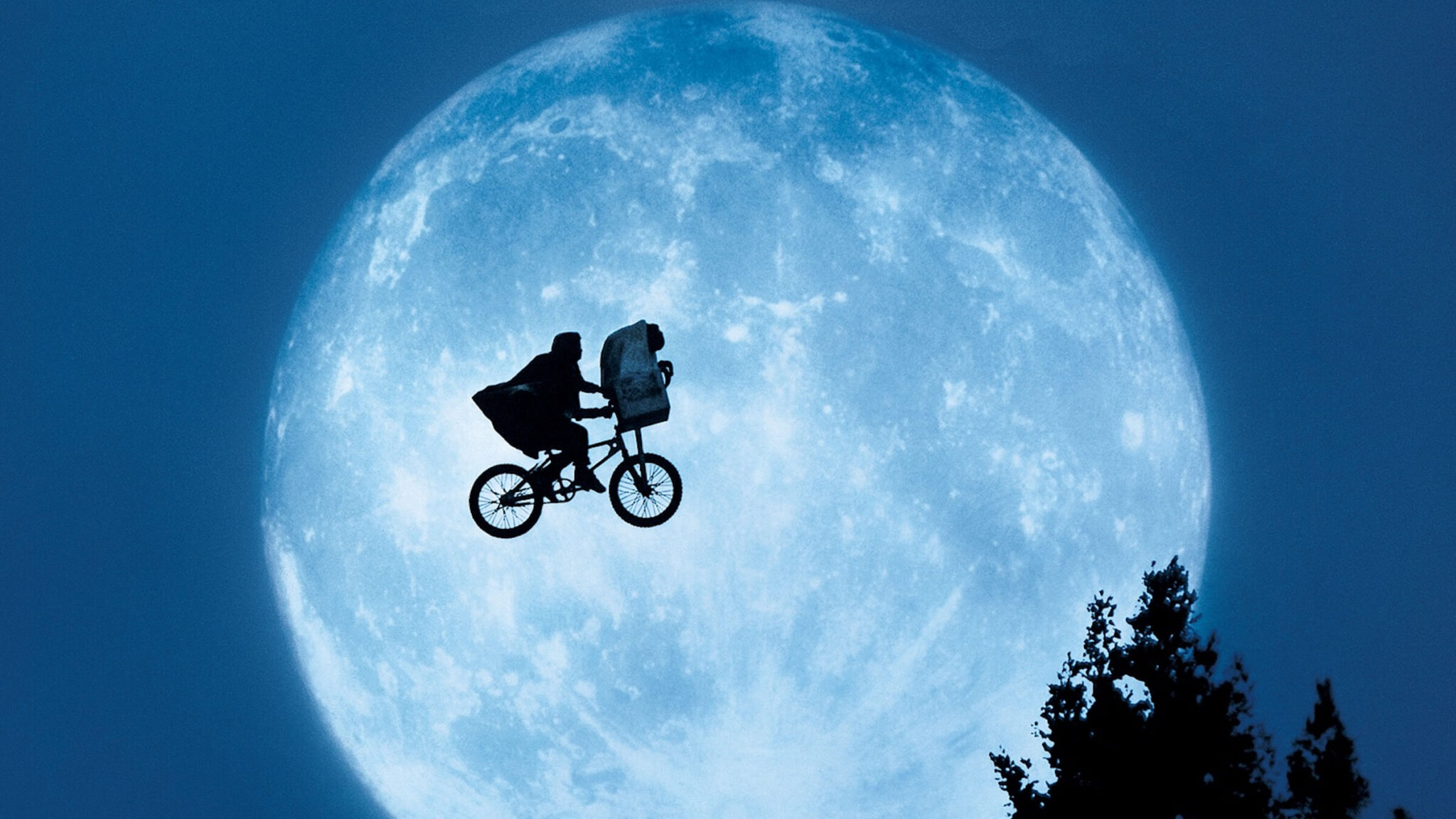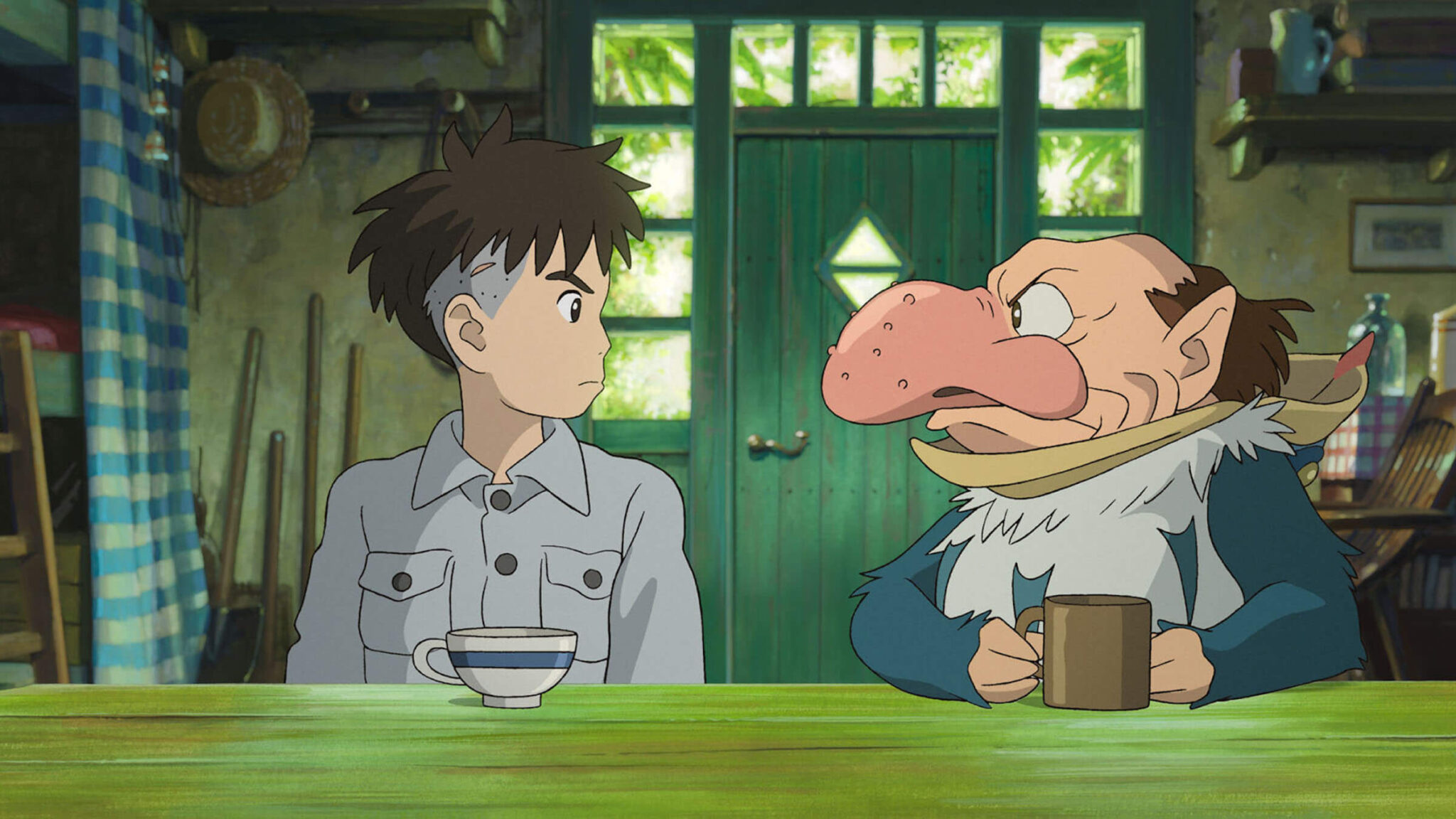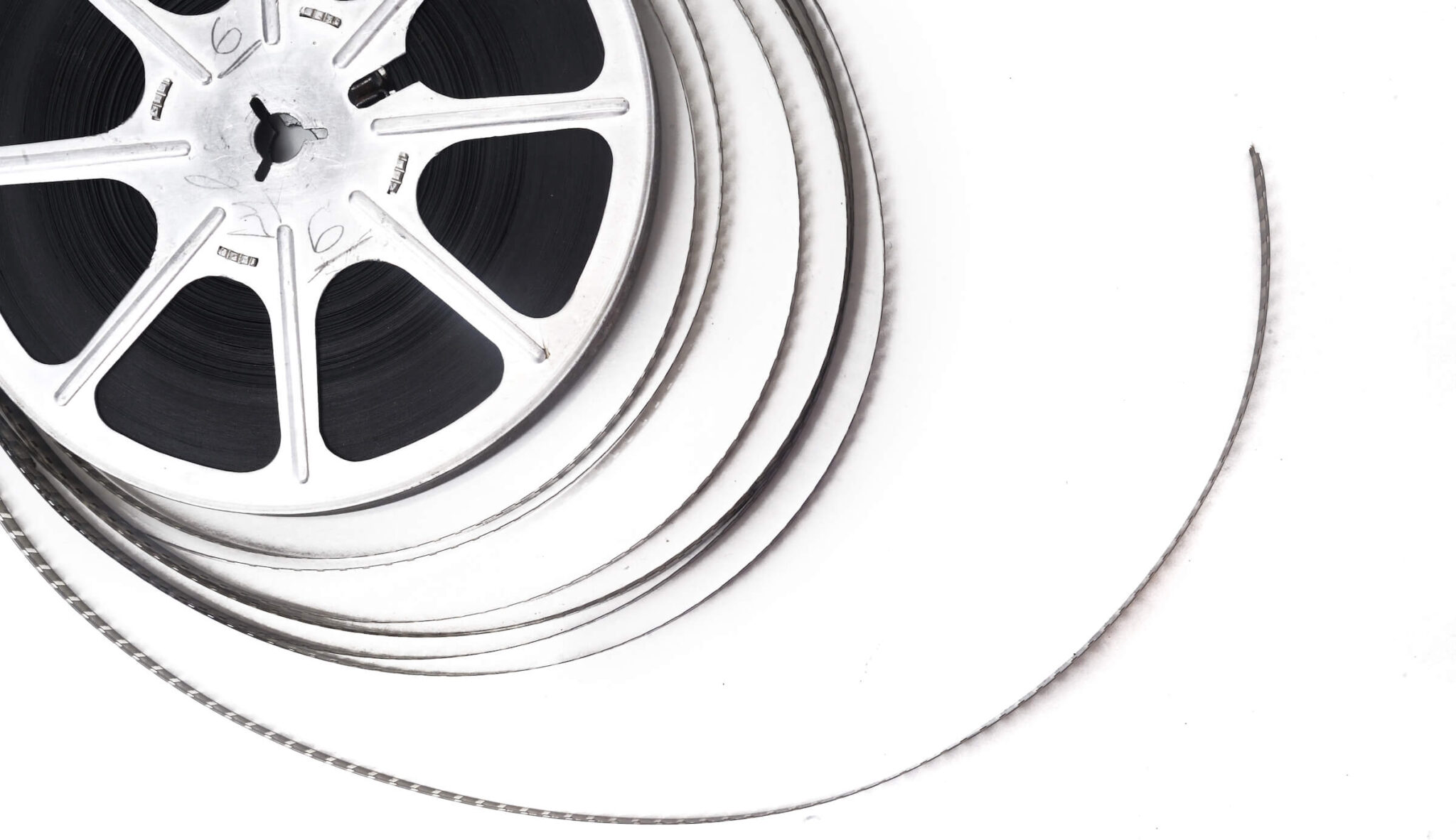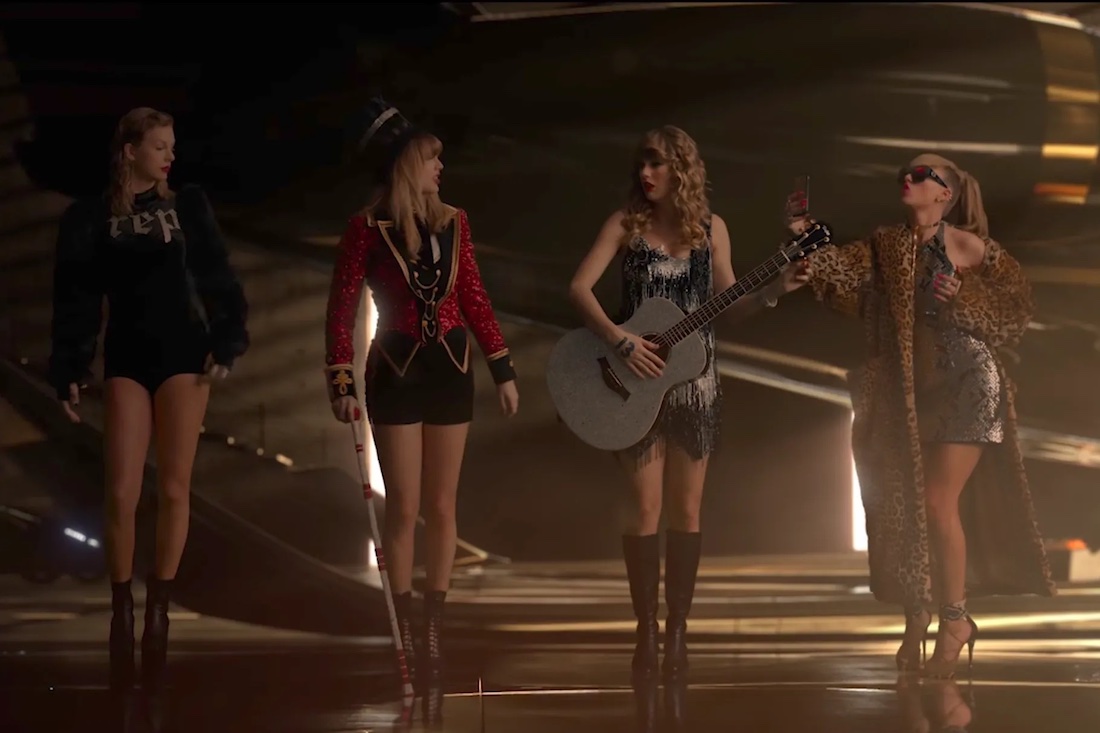3 Things Your Short Scripts Should Have In Order to Sell

So, you wrote a short script? Is it sellable?
This year, I was approached by a producer interested in purchasing a short script of mine called Grandma's Hands — which makes the third short screenplay sale of my career. (And we know how screenwriters feel about The Rule of Threes.)
With the first two sales (Rock Bottom and Edie) going to the same company, I hadn’t thought much about what I’d done to achieve that — other than being in the right place at the right time. But with the acquisition of Grandma's Hands, I came to wonder whether there was a subconscious technique at play. After all, I wrote these stories as “palate cleansers” in between larger projects to keep my creative juices flowing. Originally, I thought maybe I’d pass one off to a friend who had the means to make it, pro bono. Or maybe I’d take the helm myself as a writer/director’s sample.
But the idea that someone would take the time to draw up an agreement and pay me legal tender for a story less than 15 pages has continued to blow my mind. More than that, it let me know that these producers see something worth investing in within those sub-15 pages. So, I thought I’d analyze what that was.
After reflecting on their feedback, I find that the selling points with my collaborators boil down to three categories.
Conceptualizing Short Scripts
Creating a "Story Within a Story"
When approaching a short script concept, I find it helpful to conceive a story within a story. That means the short script should be its own contained narrative depicting a Beginning, Middle, and End — but that it could also be a snippet of a larger narrative.
Chances are if a writer vividly envisions a larger narrative surrounding their short script, a producer will sense the opportunity to yield a return on their investment that might go beyond festival recognition.
Case Studies: Saw 0.5 & Monster
There are so many great examples of short films from a myriad of genres. However, as a writer rooted in Horror/Thriller, I’ve been given a smorgasbord of examples of successful short horror films ranging from Leigh Whannell and James Wan’s Saw 0.5...
...to Jennifer Kent’s Monster (which would go on to become The Babadook).
Both of these short films drop in on dramatic situations that were established before the start of the script and have a clear path to continuing onward after the end. Saw 0.5’s David has a teased backstory in that something about his life has gotten him into the pessimistic space where Jigsaw finds him. And clearly, Jigsaw’s M.O. implies a rich history of depravity. The Mother in Monster is at her wit’s end when we meet her. And after watching her wrangle spirited little Samuel, it’s no surprise that she can son a snaggletooth phantasm with such ease.
Economizing the Short Script Page Count
I won’t drive home the “make it producible” adage, because writing to minimize budget — few characters, limited or easily doable SFX, minimal/cheap/free locations — almost goes without saying here. Instead, I’ll focus on getting the most out of your page space, story-wise.
How Long Should Shorts Script Be?
Short scripts tend to fall within a range of 5-20 pages. But a sweet spot for me has been between 10-15. This allows me to play to my personal strength of dialogue while still keeping the narrative moving along quickly. Some filmmakers would say, “The shorter, the better.” This was certainly the case for David F. Sandberg’s 2013 short film Lights Out which inspired the feature film of the same title.
What Should Writers Establish Early On?
In the first few moments of those 10-15 pages, it’s imperative to me that I establish three things:
- Character Voice
- Character Need
- Character Obstacle
Write in Short-Hand to Save (Run) Time
There are a number of narrative short-hands for showing the audience who a character is; the specific way they perform any given action, their unique phrasing of basic statements, and what their priority is when we meet them. The good news is that all of the above elements can be folded into the reveal of their need/obstacle.
If a machinist is shown downing energy shots during their shift while still sweet-talking their boss into giving them more hours, the writing has already set up a terrifying scenario in two dialogue lines and one action beat. From there, the flow of the plot becomes more intuitive — especially if the ending has already been conceived.
Mesmerizing with a Hook
…Which leads to my trick for ending on a mesmerizing hook. “What kind of reversal will meet the characters with ultimate irony while upending the audience’s expectations?” This is a bit of a personal signature, which might not feel resonant with every reader who comes to this post.
Do Hooks Work with Every Genre?
If one is planning to write a quiet family drama about their vacation to the Jersey Shore, they might not find my "mesmerizing hook" tip as helpful as someone working in the genres I’ve leaned into. But there are very few short scripts that won’t benefit from the application of dramatic irony.
In the "quiet family drama" example above, the main family’s bickering could cause them to leave behind a souvenir that another family finds and bonds over. Even a twist so grounded and subtle is likely to leave an impression on a prospective producer — especially if it serves to sharpen the picture of our characters.
Tease the Hook
The “mesmerizing” part also comes in with just how intentionally the hook has been teased. The benefit of short scripts is that they make it painless to re-read for spots in which to leave little easter eggs, punctuating an ending. It’s these narrative clues that add sparkle to a truncated tale. Short scripts are also a great space to experiment with style. They’ve been instrumental in developing the use of some of my favorite motifs, such as pre-laps and quick flashes.
Read More: What Can We Learn From the 2023 Oscar-Nominated Shorts?
In the End, "Marketable" Means "Memorable"
All in all, it’s difficult to tell exactly which elements of a script are going to attract someone’s interest, let alone lead them to back that interest with a payment. But at the end of the day — whether we’re talking shorts, features, or TV — "marketable” means “memorable”. That means learning how to write memorable characters, memorable monologues — memorable everything is key to finding success.
A short script that stands out a cut above the rest possesses the same basic elements of any screen story that does the same. The difference is that a short script presents an opportunity to rise to the challenge of its length constraints and make the little things count tenfold.
With this list, hopefully, writers will be empowered to go the distance with short-form material in a way that boosts their confidence across mediums. But that’s not to imply short scripts are just a means to a presumably more lucrative end — they are certainly an art in and of themselves. And the first step to mastering them is setting out to write one that blows your own mind.
Need some inspiration? Check out these 101 story prompts to kickstart your short film!
Get Our Screenwriting Newsletter!
Get weekly writing inspiration delivered to your inbox - including industry news, popular articles, and more!





